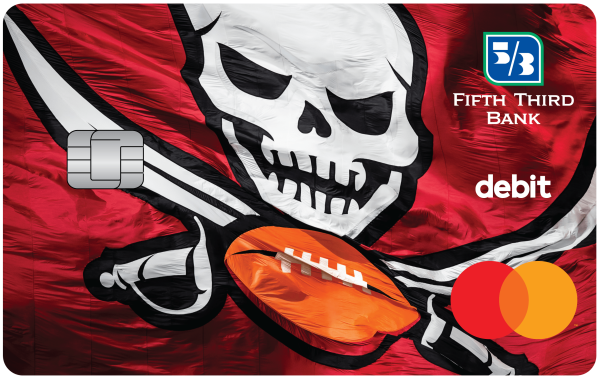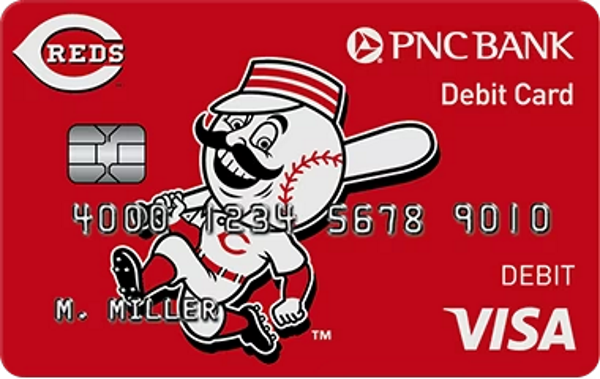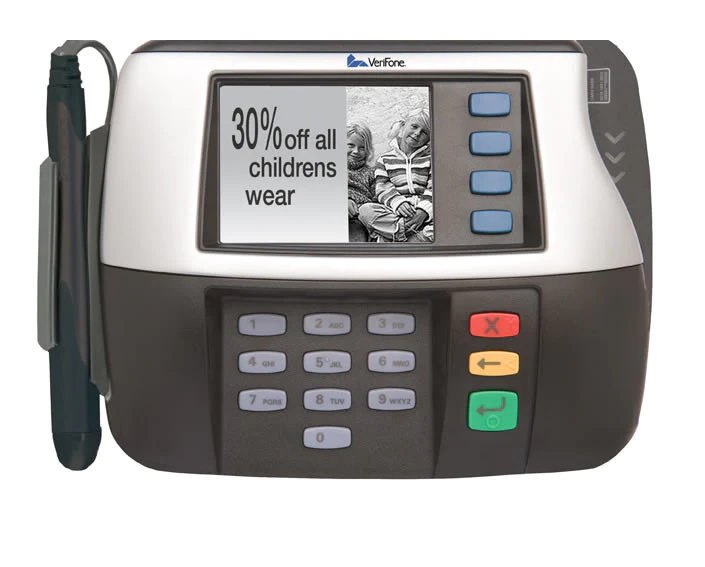
There are numerous reasons to avoid using credit cards. However, there are just as many reasons to get one. In any case, if you can’t get one or don’t want one, there are still a few options for building credit without one.
Join the Accepted Platinum Credit Card Rewards Program!
If you want to build credit without using a credit card, then you should read this article.
Table of Contents
9 Ways to Build Credit Without a Credit Card
Using credit cards isn’t the only way to improve your credit score. This method isn’t limited to credit cards, but credit reporting agencies frequently use it to assess a person’s ability to repay debts.
If you pay your bills on time and keep your debt-to-credit ratio below 30%, you’ll be able to get the credit card you want.
#1 Credit Builder Loans
Credit builder loans are a great option if you don’t have a credit card and want to build your credit. Credit unions and other smaller financial institutions are more likely to offer credit-building loans.
The money you borrow is usually placed in a certificate of deposit (CD) or savings account and held there until you repay the loan. For the duration of the loan, you pay a set amount of money each month.
Any interest that accrues in your savings account can also be accessed at this time. Your credit will be on the upswing if you’ve always paid your bills on time.
These loans frequently have low-interest rates and can be obtained even by people with bad or no credit. As a result, the lender doesn’t have to take any risk because you provide all of the collateral yourself.
While credit builder loans aren’t ideal if you need the money right away, they’re an excellent place to start if you have the time to build up your credit score.
#2 CD Loans
Passbook or CD loans are simple to obtain, even if your credit is less than perfect. CD loans can be obtained with either existing savings or a CD account.
Your collateral is the money you put up as a guarantee that you will pay back the loan.
Because most Americans have little to no savings, this isn’t going to be an easy path for most people. This means that you can build credit over time by being able to obtain a CD loan.
#3 Personal Loans
The term “personal loan” refers to a type of loan with no collateral attached. The term “unsecured” refers to a loan with no security attached to it (usually a home or car).
Lenders often charge higher interest rates to borrowers because the loan is unsecured.
If they don’t have a cosigner, borrowers with poor or no credit will have to pay much higher interest rates.
Personal loans can be used for a wide variety of purposes. Still, they should always be used to help you progress toward financial independence, which means investing the funds you borrow wisely.
The loan should not be obtained solely to improve your credit rating! Make sure it’s not just an “I want this” scenario but that it serves a real purpose.
#4 Rent payments
Consistent monthly rent payments can help demonstrate a history of financial stability even though most landlords do not report these payments to credit agencies.
Other recurring payments, such as cable, internet, and mobile phone contracts, can improve your credit score.
Your landlord or telecommunications company can help you by reporting your information to credit agencies, or you can do so yourself.
#5 Federal Student Loans
All three of your credit bureaus receive notice of every student loan payment you make. Those who have graduated from college and entered the workforce should be diligent about paying all of their bills on time.
This payment was made public knowledge. You can build credit if you pay back any loans you take out to go to college on time.
An advantage of federal student loans is that they can be obtained regardless of your credit history. Even if you don’t have one, you can still participate. These are need-based loans, not merit-based loans.
#6 Mortgages
The process of getting a mortgage with no credit history can be challenging, but it isn’t impossible. Mortgages may not be the best way to build credit if you’re starting.
If you’re ready to buy a home and build your credit through an unsecured mortgage, you have options.
Individuals with a limited credit history may get an FHA mortgage, which is available to first-time home buyers. Additionally, smaller lenders like credit unions may be able to help you secure financing.
When you first take on a large debt, your credit score may suffer, but it will improve over time if you make your monthly payments on time. Focus on paying your bills on time to keep up with your credit score.
#7 Authorized User
Becoming an authorized user on a credit card account belonging to a trusted friend, family member, or loved one can improve your credit rating.
Make sure they pay their bills on time and keep their balance low or zero. Every payment this person makes every month will appear on your credit report as a positive payment.
In addition, you’ll be able to access the credit history associated with this account and diversify your credit portfolio.
It doesn’t matter when you show up in a situation; it doesn’t matter. You have access to the account’s entire history.
Being financially responsible is a must when hiring someone for this. For whatever reason, if they start skipping payments, your credit rating will take a hit, as well.
“I thought this was going to be about building credit without a credit card,” some of you may be saying. We’re not telling you to use a credit card.
Simply becoming a registered user is all that is required for this hack to be successful. It may be the best way to build credit if a friend or family member is willing to add you to their account.
#8 Peer-to-Peer Loans
Individual investors or groups of investors make peer-to-peer loans instead of traditional financial institutions, and the interest earned by the investors is returned to the investors.
Although they may sound shady, P2P loans like LendingClub are entirely legal and can be set up through a reputable P2P service, unlike borrowing money from your cousin.
It is common for P2P lenders to accept borrowers with lower credit scores than traditional lenders. Still, their credit requirements and interest rates will vary depending on the lender—and their rates and fees may be higher than other personal loans.
Ask if the service reports your timely payments to the credit bureaus before you take out this type of loan so you can get a positive impact on your credit score.
#9 Extra Credit
Signing up for extra credit and adding your rent and utility payments to your credit profile is the quickest way to start building your credit without getting a credit card.
You can use extra credit to add bills that aren’t typically reported to the credit bureaus to get credit for bills you already pay.
Adding your rent and utility payments as trade lines to your credit reports with the three major credit bureaus helps you build a more robust credit profile.
Rent reporting can help you build a solid credit history by keeping up your good payment habits and paying your bills on time.
Keys to Building Credit
To build credit without a credit card, you must consistently pay your bills on time. Your credit rating takes a severe hit if you miss a payment.
Financial obligations that put you at risk of missing payments or defaulting should be avoided at all costs.
Your account mix is also essential. It’s not a good idea to have only installment loans and no revolving credit, like credit cards. About 10% of your credit score is derived from the mix of your various financial accounts.
If you don’t have a credit card or another form of revolving credit, your credit utilization ratio (or the amount of credit you have tied up in debt) may also suffer.
However, in most cases, a low credit utilization rate is preferable to a high one.
Build Credit Without Using a Credit Card Related Q&A
Can you establish credit without a credit card?
Yes, without a credit card, you can establish credit and build a credit score. Experian®, TransUnion®, and Equifax®, the three credit bureaus that report on your credit score, are not the only ones who report your payment and usage history.
How long does it take to build credit without a credit card?
It takes at least six months to build a credit score if you’ve never used credit before, and even longer to build a good or excellent score.
How can I raise my credit score by 100 points in 30 days?
How to Raise Your Credit Score 100 Points in 30 Days
- You should obtain a copy of your credit report.
- Determine the negative accounts.
- Dispute the negative items with the credit reporting agencies.
- Dispute Credit Inquiries.
- Reduce your credit card debt.
- Do not pay your collections accounts.
- Request that you be added as an authorized user.
What bills will help build credit?
All of the bills listed below could have an impact on your credit score, either positively or negatively, depending on the circumstances.
- Rent payments.
- Utility bills.
- Cable, internet or cellphone bills.
- Insurance payments.
- Car payments.
- Mortgage payments.
- Student loan payments.
- Credit card payments.
Does your credit reset every 7 years?
The majority of negative items should automatically disappear from your credit reports seven years after your first missed payment, at which point your credit scores should begin to improve.
What is my credit score if I have never borrowed money?
Having no credit means having no credit score. That means you don’t have a credit history, which means you’ve never taken out a loan or a credit card in the past.
You may have never borrowed money from a lender that reports to the credit bureaus, which keep track of your credit history.
How much credit do you start off with?
In some scoring systems, a credit score begins at 300; in others, it can be as high as 400. At least one credit account must be open for the past six months and have been reported to the credit bureaus within the last six months, according to FICO, for a credit score to be generated for you.
How long does it take to build credit from 500 to 700?
It will take approximately six months of credit activity to establish a sufficient credit history to obtain a FICO credit score, which accounts for 90% of lending decisions.
1 FICO credit scores range from 300 to 850, with a score of 700 or higher considered good. Over 800 is considered an excellent score.
Join the Accepted Platinum Credit Card Rewards Program!
Conclusion
You can restore your credit rating by making on-time payments, monitoring your debt-to-credit ratio, and considering options such as taking out a credit-builder or personal loan, reporting alternative credit data, or applying for a secured credit option.



